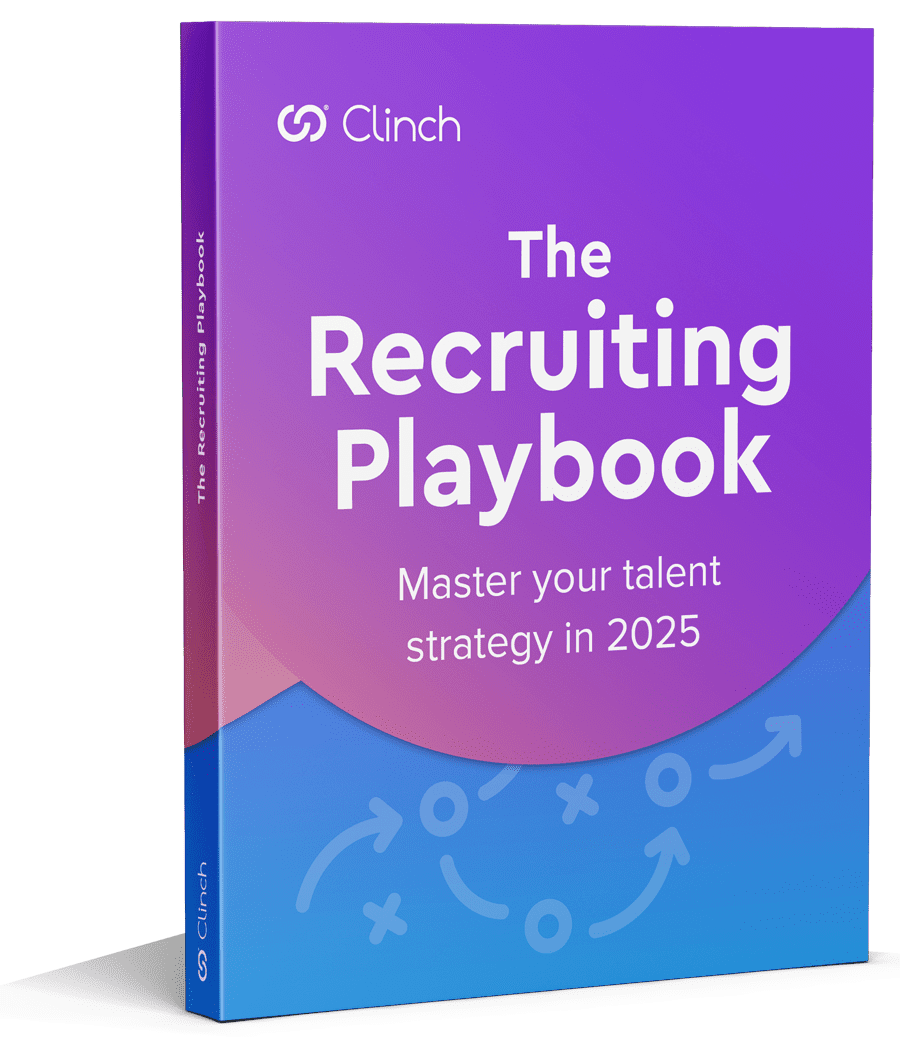Recruitment marketing is a strategic approach that uses marketing tactics to promote an organization’s Employee Value Proposition (EVP) and Employer Brand, with the goal of actively attracting top talent. It involves crafting compelling messages across multiple channels, and creating a strong online presence to engage potential candidates. By showcasing the company as a desirable place to work, recruitment marketing proactively draws in the right candidates — supporting an organization’s efforts to build a talented, motivated, and engaged workforce.
Recruitment marketing is notoriously difficult to get right. But in today’s competitive talent market, it’s also a must-have strategy to secure high-quality candidates. When done right, talent teams can drive great ROI: finding more qualified candidates, with less time and manual effort.
How to build an effective recruitment marketing strategy
Interested in building a recruitment marketing strategy for your organization? Here are six steps to help you get started:
1. Define your recruitment marketing strategy
When building a recruitment marketing strategy, it is important to first establish your goals, review your target talent segments, and set some baselines —this will help you to create a plan of attack. Ask yourself: Who do you need to recruit? What’s your current sourcing spend? What do you want to achieve through your recruitment marketing strategy? Set some goals to help you outline your approach.
2. Optimize your career site
Your career site sits at the top of your recruiting funnel as the foundation of your recruitment marketing strategy. It acts a central hub of information for candidates, and your greatest asset in showcasing your employer brand. It’s important to clearly define and display your company’s employee value proposition, benefits, work life, and career opportunities on your career site. Think like a candidate: what do they want to know about your company? Use your career site as a window into your organization, to generate interest and share important information.
3. Use CTAs to get candidate information
A CTA, or call-to-action, is a direct ask. Your career site has piqued their interest —now it’s time to capture that interest. The aim here is to turn invisible site visitors into visible candidates, and get them into your talent pools. The best calls-to-action are targeted and specific: for example ‘Join our talent network’, or ‘Stay up to date with marketing roles’. A clear ask, attached to a simple action.
With recruitment marketing tools, you can construct customized CTA forms. Determine the details you’d like from your audience, such as skills, interests, location or seniority. Try to keep form fields lean and easy to fill in. Opt for dropdowns and checkboxes over lots of text fields, to prevent inaccuracies and decrease barriers to completion.
4. Create talent pipelines with a recruitment marketing CRM
The best recruitment marketing strategies are underpinned by a powerful recruitment marketing CRM. This critical technology helps to sort, store, and segment candidate data, allowing recruiters to surface best-fit candidates, faster. Your CRM can help with building robust talent pools —pipelines of warm, ready-to-go talent. Segment your candidates by interest, role type, skillsets or locations. That way, you’re able to quickly and easily tailor content or outreach campaigns and drive better recruiting outcomes. A recruitment marketing CRM also provides a single source of truth for the recruitment team. This keeps everyone on the same page and encourages better collaboration.
5. Leverage data analytics
Data analytics are so important to help you evaluate where you are currently, and track the results of your company’s efforts. Set some baseline metrics at the start of your recruitment marketing journey, and use these to prove the effectiveness of your strategy ongoing. Some metrics to consider are career site visitors, returning visitors, visitor-to-applicant conversion, visitor-to-candidate conversion, and sourcing channel effectiveness.
An effective recruitment marketing strategy is an integral part of achieving your organizational goals. Are you ready to take the first step towards proactive recruitment? Get in touch today to get started.



